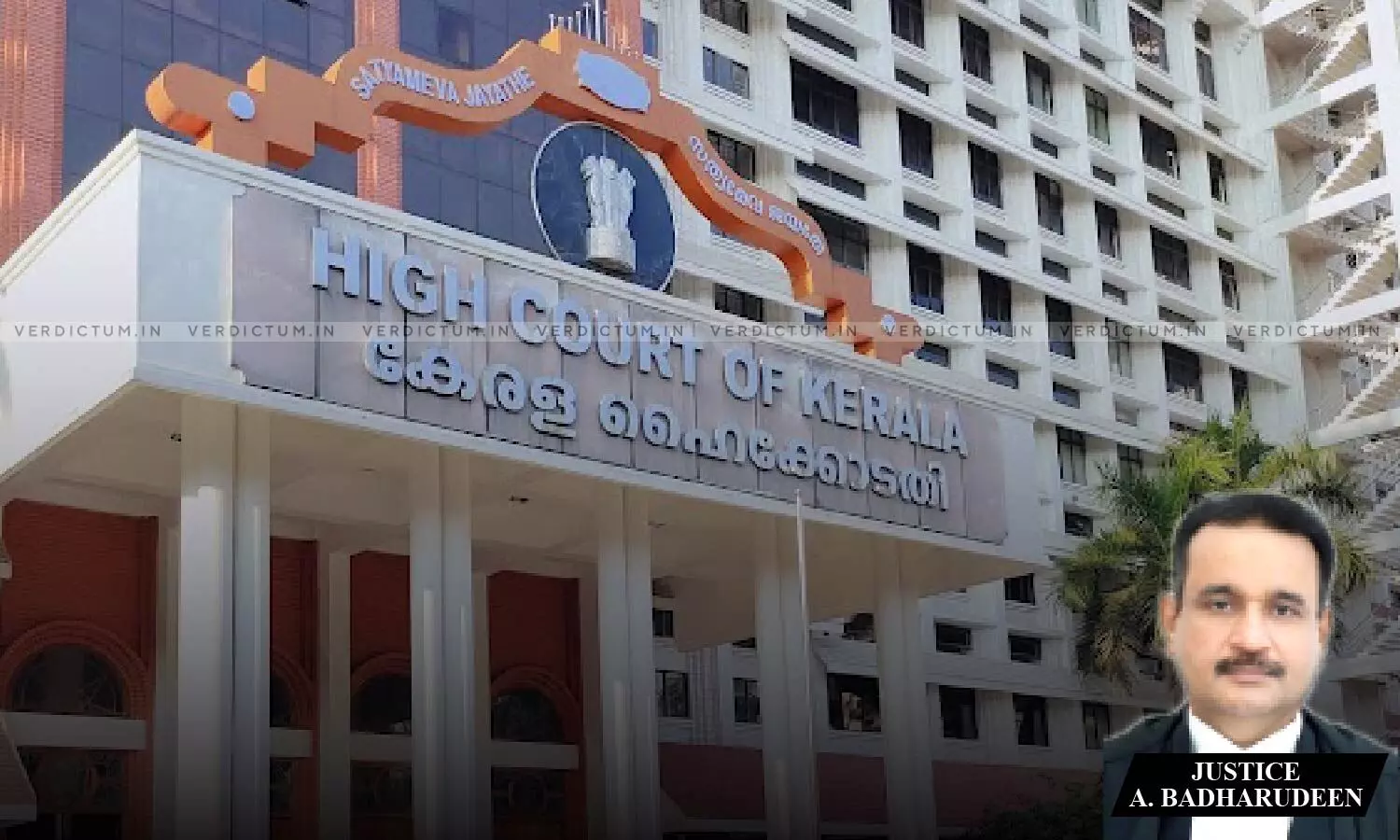
Second Appeal Cannot Be Decided On Equitable Grounds; Formulation Of Substantial Question(s) Of Law Mandatory: Kerala HC
 |
|The Kerala High Court held that under Section 100 with Order 42 Rule 2 of the Civil Procedure Code, 1908 (CPC) a second appeal cannot be decided on equitable grounds and that the formulation of substantial question of law is mandatory.
The Court dismissed an appeal challenging the order that decreed favouring the plaintiffs, who sought recovery of a property based on their lineage.
The Court noted that while the term substantial question of law lacks a specific definition, it signifies a matter of real significance, distinct from technical or inconsequential issues.
Notably, the Court emphasized that the legislature intentionally omitted the phrase "of general importance" in this context.
The Bench of Justice A. Badharudeen observed, “the substantial question of law on which a second appeal shall be heard need not necessarily be a substantial question of law of general importance. As such, second appeal cannot be decided on equitable grounds and the conditions mentioned in Section 100 read with Order XLII Rule 2 of the C.P.C. must be complied to admit and maintain a second appeal”.
Advocate Sabu George appeared for the Appellants.
Defendants 2 to 4 filed before the High Court by way of a Second Appeal challenging the Sub Court's decision. The appeal contested a decree favouring the plaintiffs, who sought recovery of a property based on their lineage.
The plaintiffs, children of Ayisha, claimed entitlement under Mohammedan Law. The Defendants countered, asserting that Soopy, through legal transactions, held rights over the property in question. After due examination, the trial court ruled in favour of the plaintiffs, ordering the defendants to surrender the property and cover the costs. The appellate court upheld this decision, dismissing the appeal.
The Court observed that a purchase certificate obtained by one co-owner has legal implications for all co-owners. The lower courts thoroughly scrutinized Ayisha's property deed, determining its dimensions as 25 ½ X 35 in 'kole' measurements. Evidence indicated that Ayisha transferred a portion measuring 25 ½ X 12 ½ 'kole' to Soopy, revealing that the entire property was not conveyed to Soopy.
Upon examination, the Court observed that Soopy, through fraudulent means, gained control over the entire property, despite his limited right. The Court noted that the purchase certificate obtained by Soopy should benefit the plaintiffs. Accordingly, the purchase certificate granted absolute title to Soopy for the portion acquired and absolute rights to the plaintiffs for the remaining property under Ayisha's name, specifically the plaint schedule property.
Based on this analysis, the Court upheld the Suit filed by the plaintiffs, successors of Ayisha, for the recovery of possession. The Court affirmed the Trial Court's decision which was also affirmed by the appellate court.
In addressing the admission and maintenance of a Second Appeal, the Court emphasized the necessity of formulating substantial questions of law, as mandated by Order XLII Rule 2 in conjunction with Section 100 of the CPC. However, in this case, the Appellants failed to raise any substantial question of law warranting the admission of the Second Appeal. The Court emphasized that the existence of a substantial question of law is a prerequisite for entertaining a second appeal.
Accordingly, the Court dismissed the Appeal.
Cause Title: Poyil Salim v Thazhe Kandoth Mariyam (2024:KER:4912)